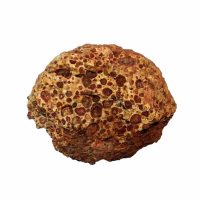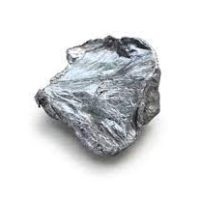
Aluminium
36.552


36.552

774.725

3.480

9.520

1.605.200
Montenegro’s mineral industry overview
Montenegro is a European Union (EU) candidate located in the western Balkan Peninsula. It borders Albania, Bosnia and Herzegovina, Kosovo, and Serbia. The country produced a limited number of mineral commodities, none of which was regionally or globally significant, but it has the potential to become a regionally important coal and hydrocarbon producer.
Montenegro’s mineral industry includes the mining and processing of bauxite, industrial minerals, and lignite coal. Metal production includes alumina refining, primary aluminum smelting, and steelmaking. The country’s mineral industry underwent a recovery in 2014 after its largest mineral company and sole aluminum producer, Kombinat Aluminijuma Podgorica (KAP), resumed production and its leading bauxite producer, Rudnici Boksita, increased its output. Iron and steel production continued to increase as Montenegro’s primary iron and steel company Toscelik Niksic continued its plant modernization program.
Montenegro’s first tender for offshore hydrocarbon exploration and extraction received bids from foreign companies for all blocks that were offered for concession in the country’s Exclusive Economic Zone (EEZ) in the Adriatic Sea.
PRMs geological potential (RESEERVE West Balkan Mineral Register):
− Medium to large and very large sized Pb-Zn deposits of 53,6 Mt Proved ore reserves in one operating mine and many mines at the feasibility stage;
− Small sized bauxite deposits of 24Mt Proved and 6,MT Probable ore reserves in operating and under development mines;
− 7,4Mt of Probable Cu ore reserves;
− Limestone crushed rock aggregates, sand & gravel aggregates;
− Lignite.
Primary raw materials business opportunities (RESEERVE West Balkan Mineral Register):
Development of the Brskovo and Zuta Prla Pb-Zn mines (short – mid and long term goals, 0-20 years): Additional exploration work, including geophysical research with the use of innovative techniques to assess the geological potential; Conducting feasibility studies based on the results of exploration and research works to examine the development of new Pb-Zn mines and processing plants; Design of reclamation plans for the environmental management of brown fields.